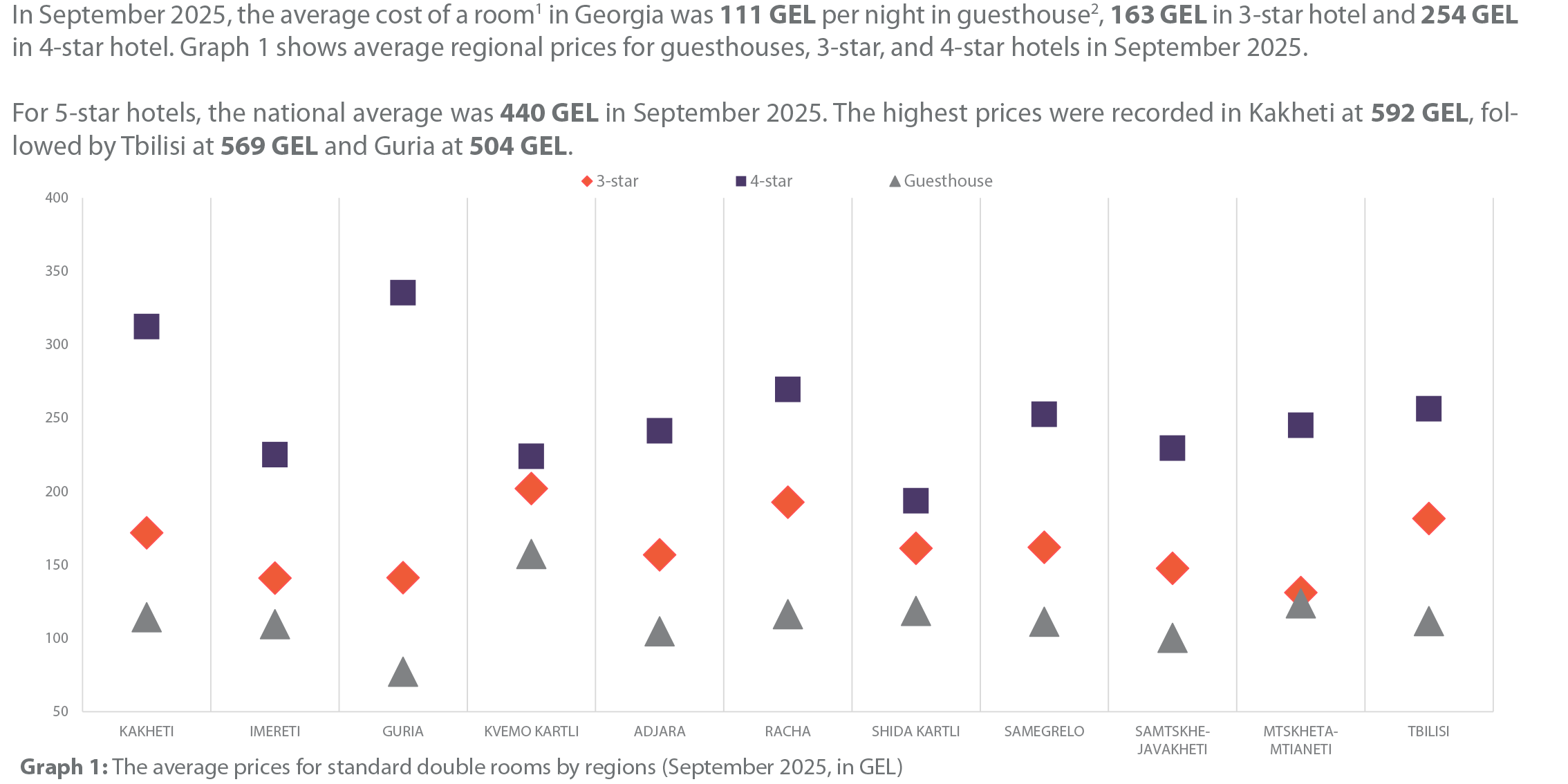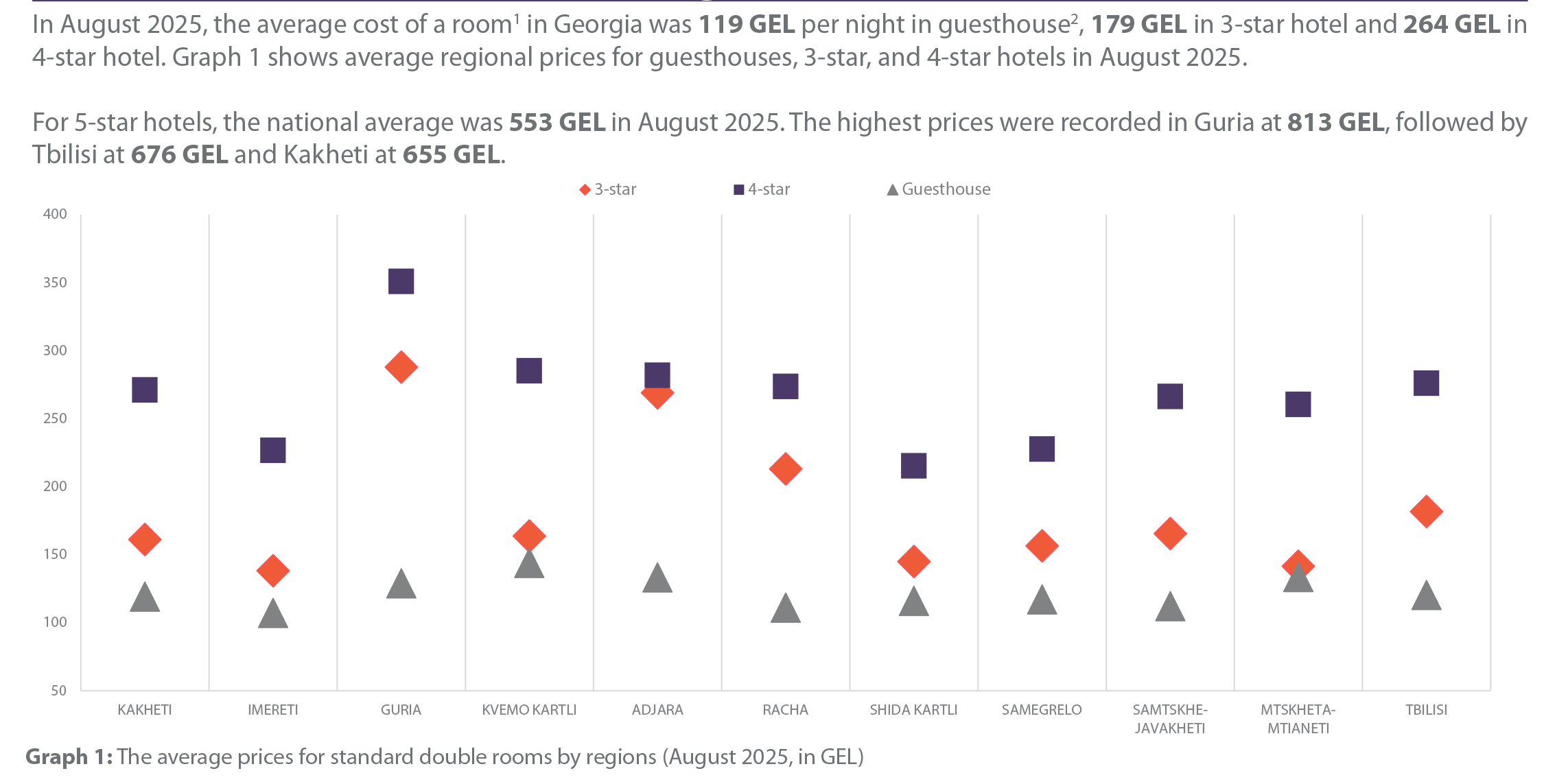Projects
Mapping of Educational and Employment Opportunities in Georgia
The objectives of the study are to overview labor market and retraining and training providers in Georgia, as well as to provide analyses to be used to map educational and employment opportunities in Georgia.
Consulting Services for: Telavi Supervision Consultant – Telavi Water Supply Project
The Telavi water supply project will be implemented under the Sustainable Water Supply and Sanitation Sector Development Program. The water supply system of the city was initially developed in the 1930s after which fundamental reconstruction was undertaken in 1966. However, no major measures have been implemented since then, except for some partial rehabilitation works in 2006-2008 and 2014–2017.
Phase II of the Eastern Partnership European School Project at the Lisi Lake site in Tbilisi, Georgia
The overall objective of this project is to promote high-quality international education and to provide secondary-level education to students from the six Eastern Partnership (EaP) countries.
Facilitating Tourism Recovery in Aftermath of Covid-19 in Georgia
The project, which has been commissioned by the UNWTO and the EBRD, supports the tourism service providers in Georgia and helps relevant MSMEs to restructure and refine themselves to cater to the domestic tourism market.
Sustainable and Socially Acceptable Labor Migration Management - Country Study of Georgia
PMC Research Center is conducting a country study of Georgia in the course of which we will cover labor migration management in Georgia and existing schemes. The study aims to assess the perspectives of different stakeholders, to address the perceptions of labor migration, and to examine the role of skills development in the country.
Elaboration of Spatial Development and Development Management Documentation for Batumi City Municipality
The purpose of the project is to enhance balanced spatial and economic development of Batumi City Municipality in Georgia. The proposed solutions should cover the planning of new developments, maintaining historical values and cultural heritage, rehabilitation and reconstruction of degraded areas, and interconnection of various parts of the city.
Identification and Research of Competitive Sectors in Batumi for the "Elaboration of Spatial Development and Development Management Documentation for Batumi City Municipality" Project
PMCG together with PMC Research Center (PMC RC) is implementing a project entitled "Elaboration of Spatial Development and Development Management Documentation for Batumi City Municipality."
Summative Evaluation of the Canada-Ukraine Trade and Investment Support Project (CUTIS)
The purpose of this evaluation is to share the results achieved by the Canada-Ukraine Trade and Investment Support (CUTIS) project with key stakeholders, and to enhance future programming regarding economic growth by recommending ways to strengthen the involvement of Ukrainian SMEs in trade and investment.
Taking Stock of Ethnic Minority Participation in the Public Service
The study aims to support interventions pursuant to both more balanced and inclusive ethnic representation in the public service, and the achievement of the 2030 Agenda for Sustainable Development Goals (SDGs) (indicator 16.7.1b). For this purpose, the research focuses on several goals including: studying the demographic characteristics of the public sector in Georgia; understanding the challenges faced by underrepresented groups (i.e. ethnic minorities) in gaining employment in the public agencies of Georgia; and exploring the challenges and gaps in the existing data collection and analysis methods and their compatibility with SDG 16.7.1b.
The Development of COVID-19 Recovery Solutions at Municipal Level in the Areas of Digitalization and Crisis Management in the SEE Region
The objective of the project is to support cities’ resilience during the COVID-19 pandemic by arranging capacity-building activities and targeted support in the directions of digitalization and crisis management in the southeastern Europe (SEE) region, and promoting the Connective Cities Network’s development through more active and practical involvement.














